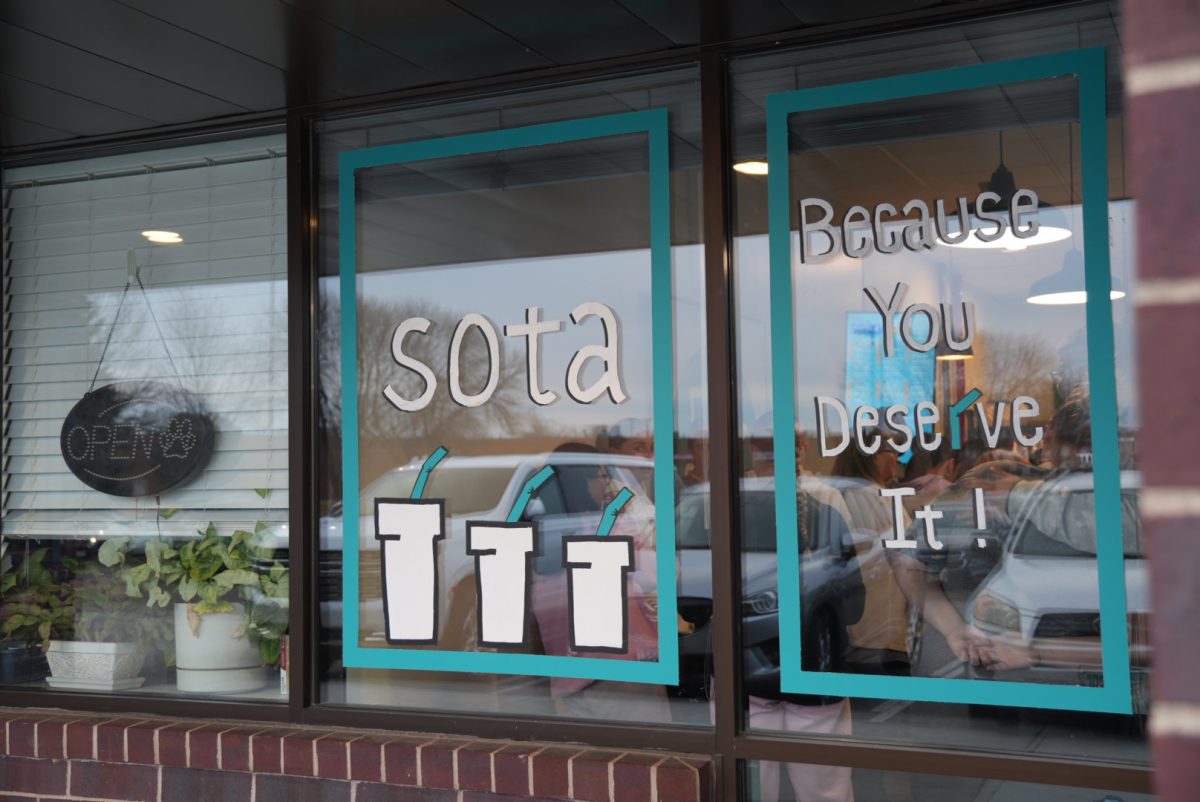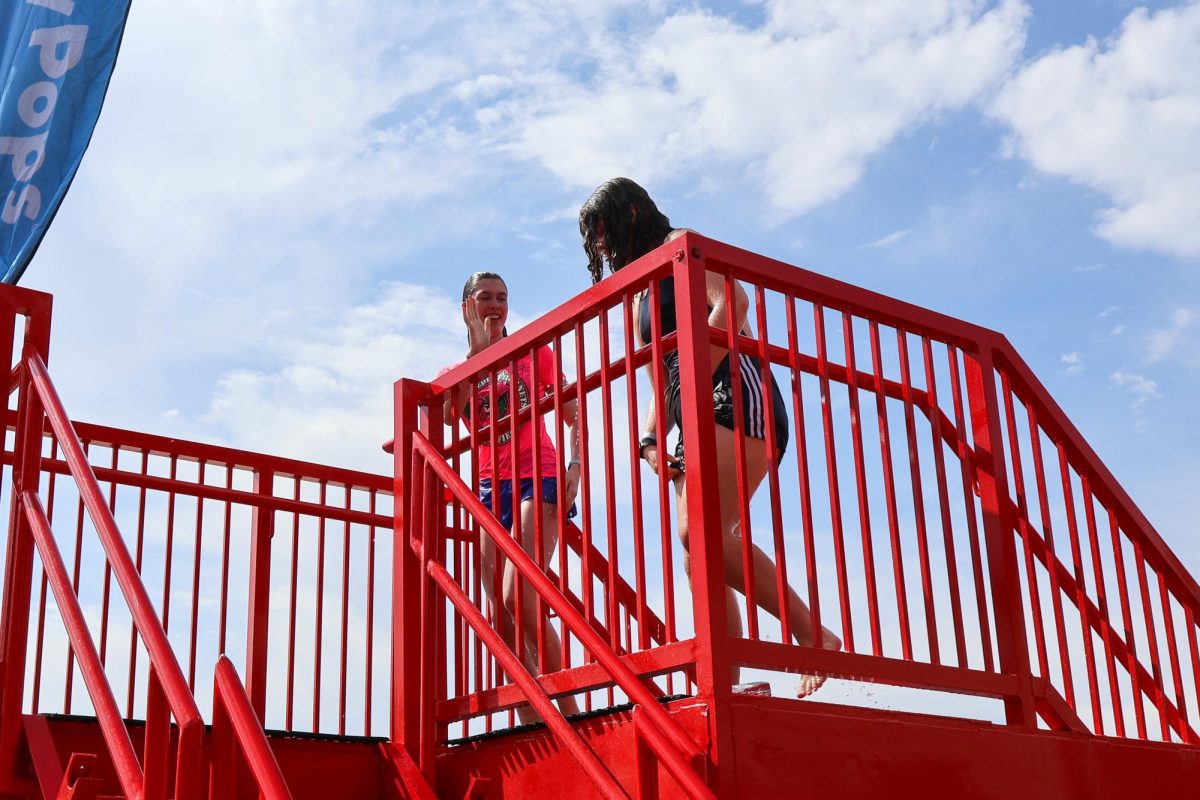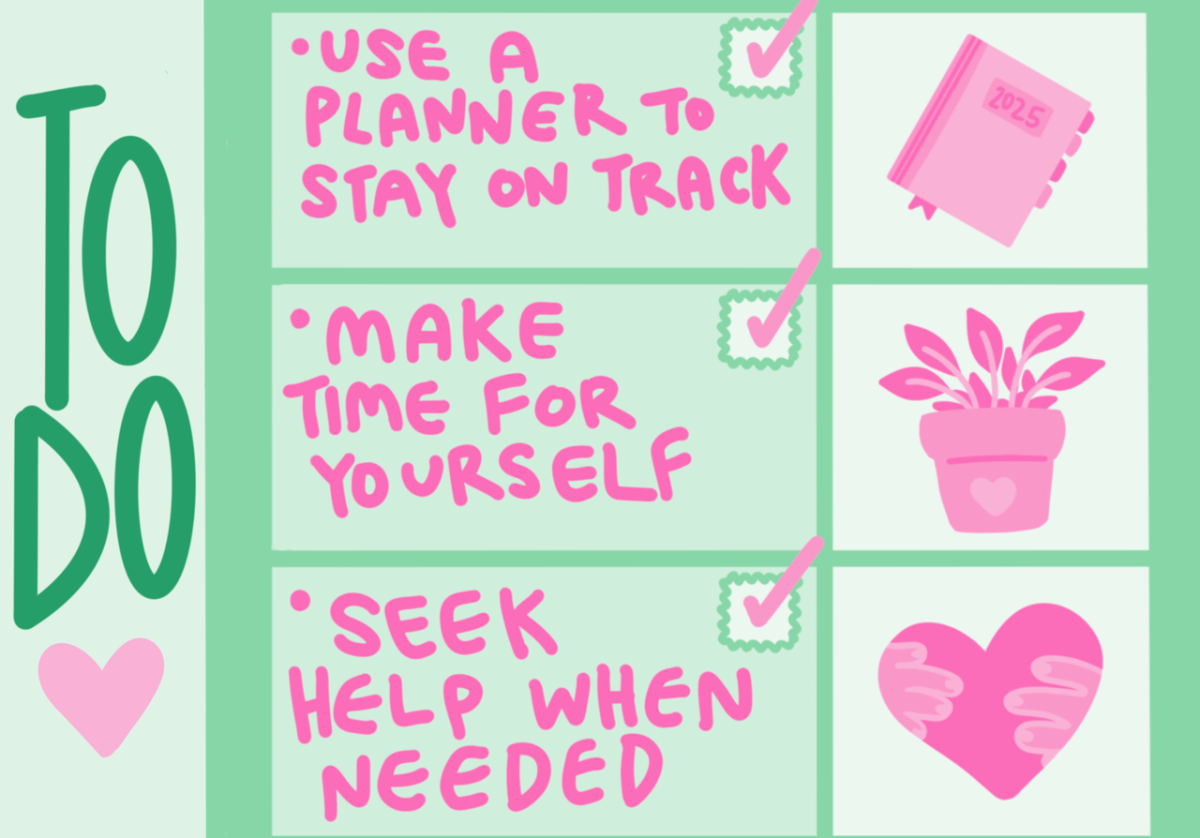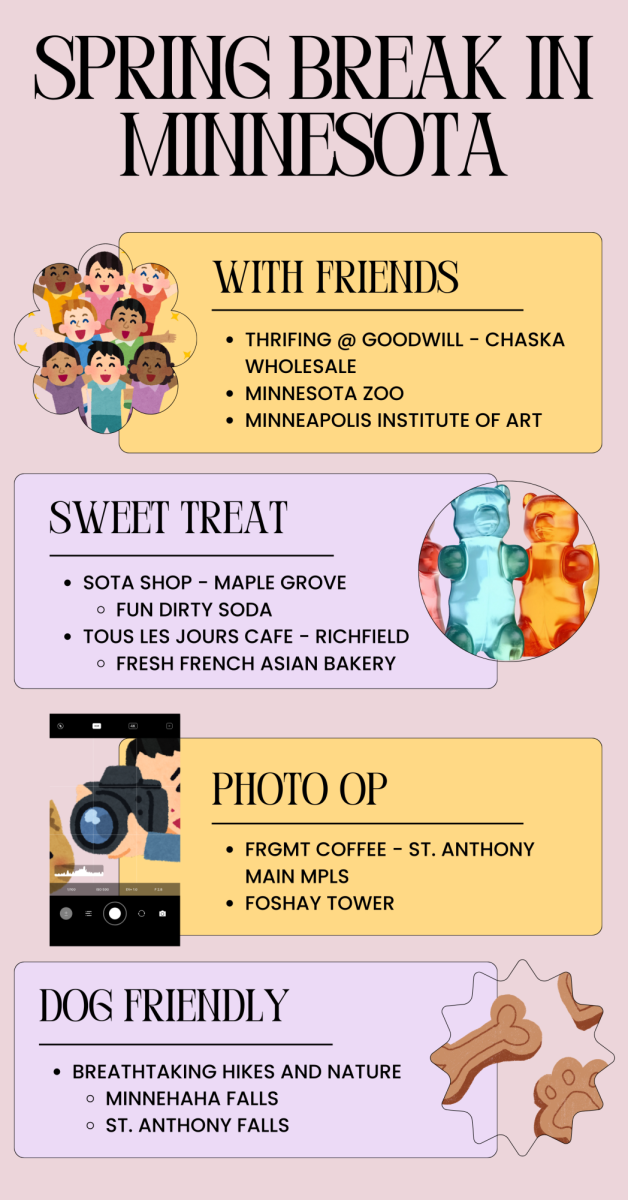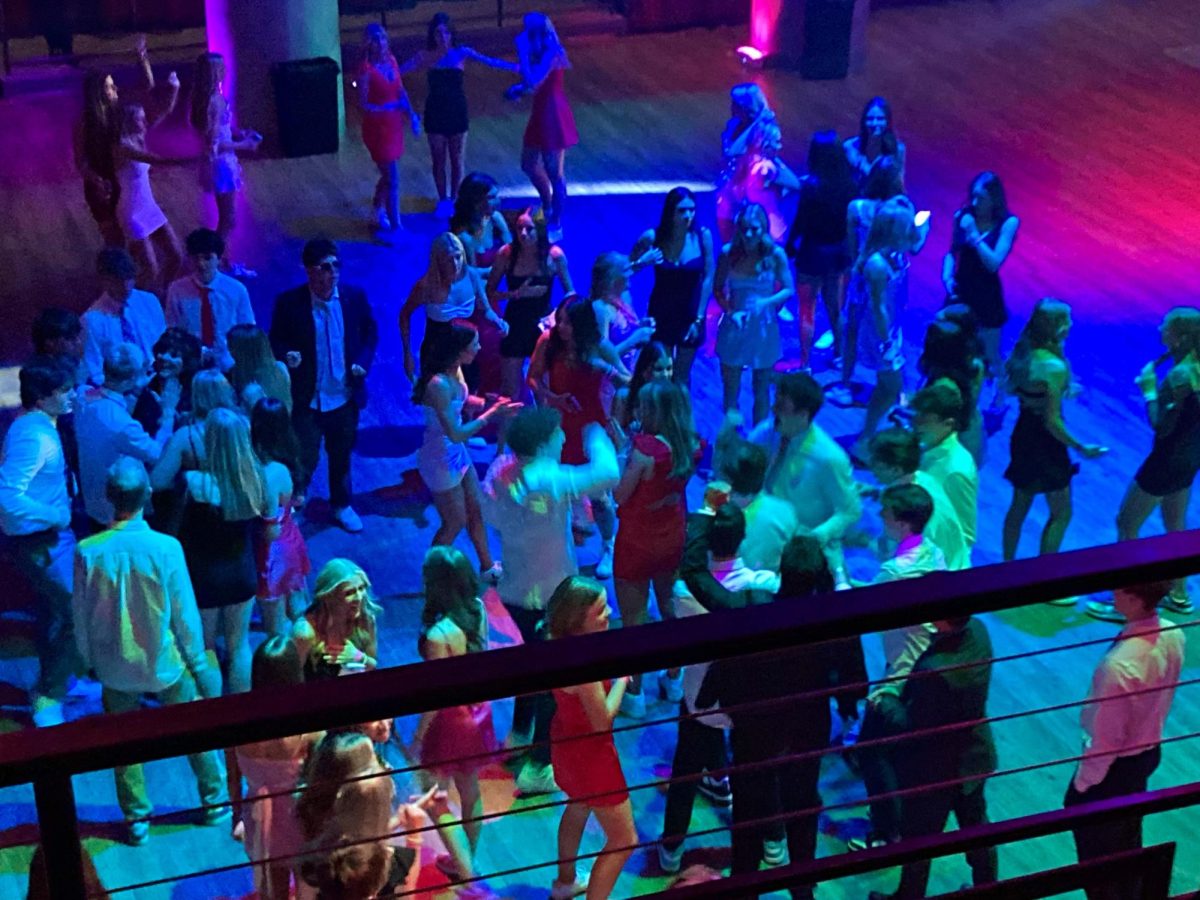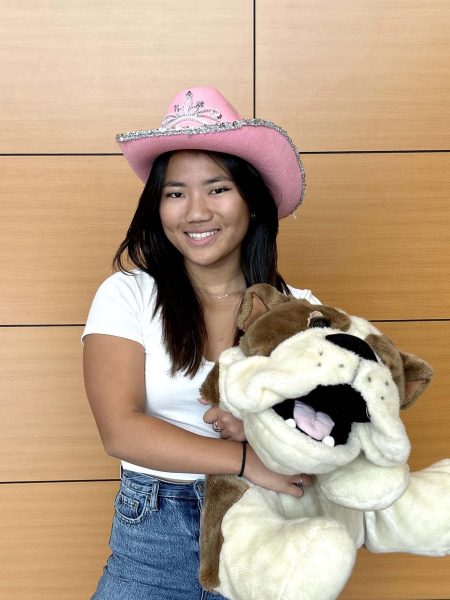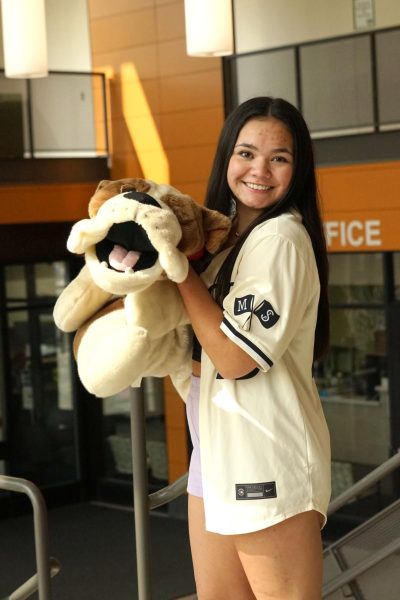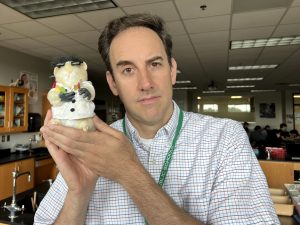
Zephyrus: What advice would you give to people so they can make the most out of college?
Steven Sanger: I think my biggest piece of advice would be to put yourself out there and explore lots of things. Even if you think you know what you want to do in life, you can’t possibly be certain that you have everything figured out. And so the more you explore different things, volunteer, work, join clubs, and activities, the more you are going to learn about what you like and what you don’t like, and be able to hone in on what exactly it is that makes you tick.
Z.: What is something you believe every person should do at least once in their life?
S.S.: I’m going to say doing a remote wilderness trip. Life is so convenient now and we have so much available to us all the time. When you go [on] a boundary waters trip or a backpacking trip, you put all of that aside. All you can take with you are what you need to [stay] alive…and all of a sudden you get a different point of view on what you need versus what you want. And I think you get more gratitude for what you do have because when it starts raining and you’re canoeing in the middle of the lake, and your only choice is to just keep canoeing and paddling until you get to land, you realize you have built some resilience and perseverance that make you a stronger person.
Z.: What is one of the most important lessons you have learned?
S.S.: I think going with the flow. I thought I wanted to be a teacher so I knew when I was young, what I wanted to do. But the problem when you have this plan laid out [is that] any deviation from the plan can be stress-inducing, so I think just learning to take life as it comes and recognize that you might not get every opportunity you apply for, and things might not go exactly how you want them to, but that’s just kind of how life works. Stumbling along and finding your way, knowing that that’s how it’s supposed to be…helps make you stronger, so that you can ultimately go on to be the person that you want to be.
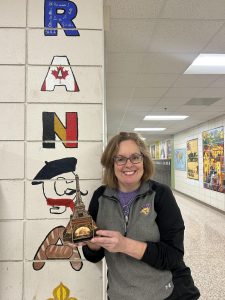
Zephyrus: What advice would you give to people so they can make the most out of college?
Kimberly Caster: Do everything. If there’s a club, if there’s a sign, if there’s somebody that invites you somewhere, go to it because you never know until you try.
Z.: What is one of the most important lessons you have learned?
K.C.: What’s the worst that can happen? There are a lot of people that get nervous. They’re like, I don’t want to ask that question, what if they say no? But what if they say yes, right? If something as simple as you go to the grocery store, “Can I have a free cookie?” “No,” alright you don’t get a cookie, but what if you get a free cookie that’s fine, so take the risk. What’s the worst that can happen?
Z.: As you look at your life so far, were there any key moments that you think changed the course of your life? What happened?
K.C.: Yes, I told my French teacher there’s no way in hell I was going to be a French teacher and then I went to college and I’m like, “Okay yeah this is fine.” When I was in my 20s, I got offers for jobs to not be a teacher and that forced me to think about [what I like] about my job, and hanging out with teenagers is really something I like about my job. [The September 11 attacks also played a factor] in a different way because it just made you appreciate the people around you, what you were doing, and how much travel has changed.
Z.: What would you say to people who are unsure of what they want to do as a career?
K.C.: Take your time. I had a friend tell me recently that she’s reading a book and it says, “Don’t plan your future.” If you think about that, if you just say, “I’m going to do today, what works for me,” opportunities come, and you might take them and it might work out that you’re a teacher because all of a sudden you like that. But social pressure around here is that everybody has to go to college, so if you get to college and you are like, “this is not for me,” that’s okay.
Z.: Do you have any last pieces of advice?
K.C.: I think I would Ferris Bueller it. I’m finishing my twenty-ninth year of teaching, so enjoy it. If you don’t love what you are doing, find something else because it goes by too fast and you want to say you had a good time.
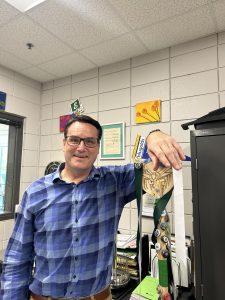
Zephyrus: What characterizes the periods of your life that were the most fulfilling? Were there commonalities between those moments?
Paul Kile: Attitude. I feel like every chance, every moment, I have these fulfilling opportunities, but I think it is my attitude. I have a relentless ethos of self-improvement. I am always trying to bet better. That’s an attitude. I try to be as positive as I can, which is why I surround myself with all these uplifting quotes. That’s an attitude, so it’s a bit of a choice.
Z.: What advice would you have for people who have no idea what career they want to pursue?
P.K.: Stay open-minded. Try everything. It’s like going to an educational buffet. You don’t have to eat the whole thing you took, just try a little bit and see what works for you. My best advice would be: do something that brings you joy (money ain’t it)…You work eight to 12 hours a day; if you don’t like what you’re doing, that’s going to be a long life.
Z.: What is life about for you?
P.K.: Bringing out the best in others. More specifically, I mean that for students, for my students. That is kind of what I feel like my calling has been for the last 30 years.
This piece was originally published in Zephyrus’ print edition on May 24, 2024

